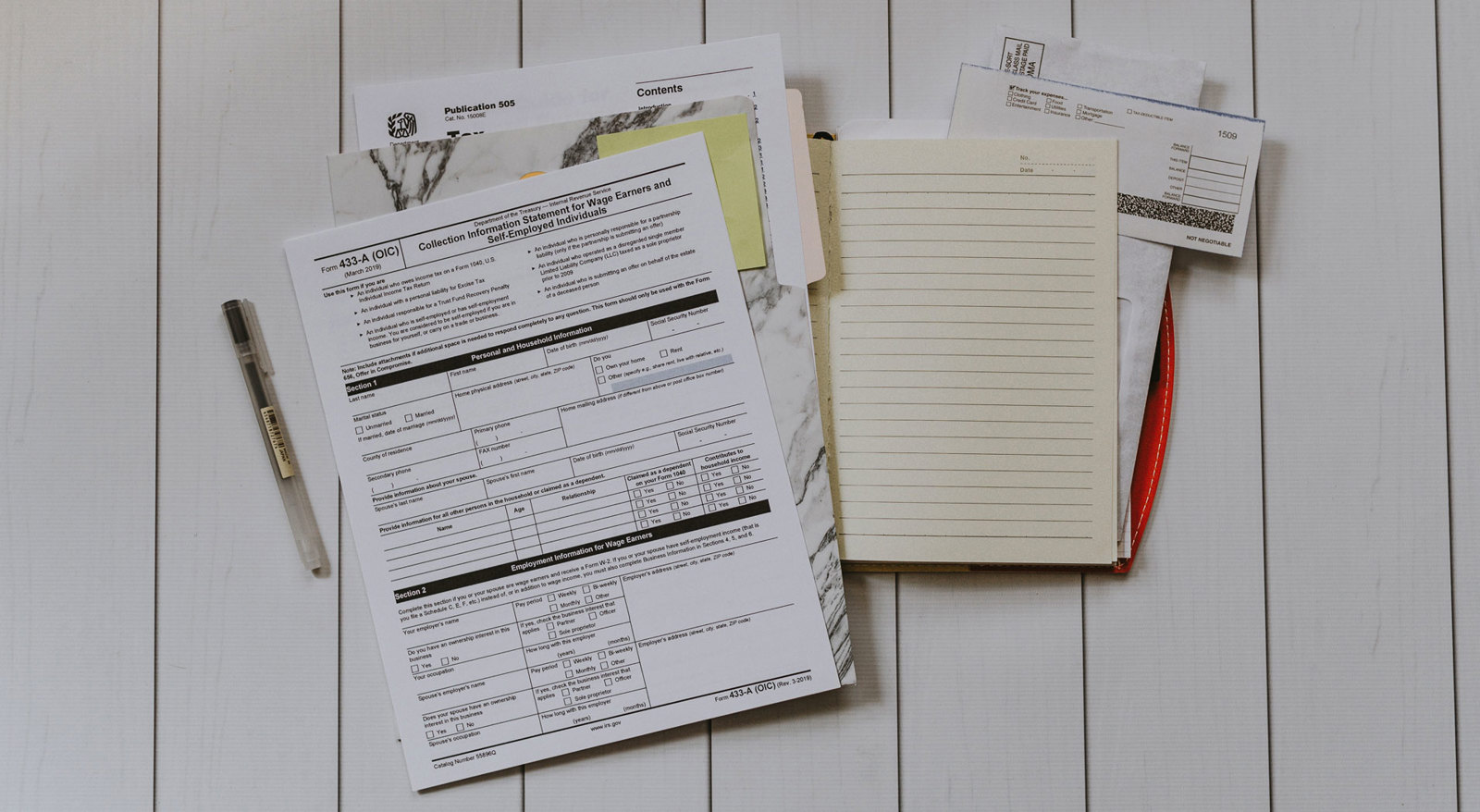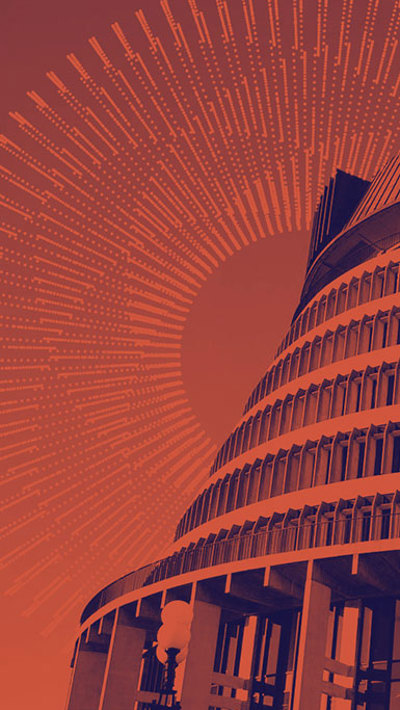Contents
Workplace Watch tracks legislative and regulatory reform in relation to workplace law.
Welcome to the last Workplace Watch for 2022. A lot has happened on the legislative front since our last issue:
- Passage of the Fair Pay Agreements Act;
- A unanimous recommendation of support for allowing 12 months in which to raise a personal grievance for sexual harassment;
- A Bill to restrict restraint of trade clauses in employment contracts;
- A Bill to provide stronger support for migrant workers;
- The passing of the Screen Industry Workers Act; and
In Australia:
- A Federal Government Respect at Work Bill which would create a positive duty on employers to prevent sexual harassment in the workplace, including by clients and customers of the business, and
- A NSW regulation requiring PCBUs to manage psychosocial hazards and risks, eliminating them where possible and, where not, minimising them so far as is reasonably practicable.
Other items include:
- A four day working week trial by companies in NZ, Australia and the Pacific;
- The court finding that Uber drivers are employees, not contractors;
- The provision of stronger worker protections under the Accredited Employers ACC Programme;
- WorkSafe’s performance in the mental health area; and
- A call by the Equal Employment Opportunities Commissioner for a review of NZ’s accident compensation and health and safety laws to better protect the victims of workplace bullying, harassment and violence.
We hope you find it useful.
Chapter 1
Employment
Fair Pay Agreements Act – future in the balance at next election
The Fair Pay Agreements Act, to come into force on 1 December, will either mark a return to collective bargaining in low paid industries and occupations or, like Liz Truss’s leadership of the UK Conservative Party, will be a footnote in history.
Its fate depends entirely on the outcome of the 2023 general elections. A National-led Government would scrub it from the statute books as a matter of priority. A Labour-led Government would use it to lift incomes at the bottom end of the labour market. Of interest will be whether any FPAs can get off the ground before the country goes to the polls.
Stuff reported on 15 November that an “avalanche” of applications were being developed and were expected to be laid over the next few months.
The Bill returned from select committee with a majority recommendation (opposed by National and Act) that it be passed subject to a small number of amendments, some to address Business New Zealand’s refusal to pick up the representation role on the employer side and most of the rest aimed at strengthening the bargaining position of the most vulnerable workers.
Business NZ Advocacy Director Catherine Beard has since clarified that, although they will not act as default negotiator for FPAs, they will provide negotiating assistance, from their own resources, for their members.
Key changes included:
- empowering the Employment Relations Authority to set the terms of an FPA where there is no party willing to represent the employers or there is no union available to bargain for the workers
- limiting the ability to initiate bargaining through the public interest test to circumstances where a significant proportion (to be specified by regulation) of the workers to be covered are low paid and at least one of three other criteria is met – little bargaining power, lack of pay progression, or inadequate pay taking into account factors such as contractual uncertainty, or long or anti-social working hours
- in all other situations, the representation test applies – i.e., the union must be able to prove that either 1,000 or 10% of the workers to come within the proposed FPA’s coverage support the entry into negotiations

- the Chief Executive of the Ministry of Business, Innovation and Employment (MBIE) will be responsible for assessing applications to initiate, renew or replace an FPA. The Bill as first drafted provided that the assessment be conducted “as soon as practicable” but this has been changed to within 30 working days, extendable to 45 days
- unions are required to exert “best endeavours” - rather than have an absolute obligation - to identify and notify employers likely to come within the FPA within 15 days of the application to bargain being accepted. There is, however, a new requirement to publish a notice on a free public internet site and in the daily newspaper, and
- employers will be required to provide employee contact details to the initiating union within 30 business days (rather than as soon as is reasonably practicable), and the information may be used for purposes beyond the proposed FPA, including advice on how to join the union.
Chapman Tripp will prepare a Q&A format publication closer to the Act’s commencement to advice employers on what to do if a union comes knocking at their door.
12 months to raise PG for sexual harassment
The Member’s Bill promoted by Labour MP Deborah Russell to extend the period for a personal grievance to be raised for sexual harassment from 90 days to 12 months has been returned from select committee with a unanimous recommendation of support.
It will not have retrospective effect.
Read the Bill.
4-day week trial
A number of companies in Australia, New Zealand and the Pacific, typically larger employers, are participating in a six month four day working week trial in alignment with a similar pilot in the US, Canada, Spain and the UK.
Perpetual Guardian (2018) and Unilever (2020) in New Zealand have already made the move and an earlier public sector experiment in Iceland (referred to in our previous board report) found that the shorter working week led to a sharp increase in employee wellbeing with no corresponding drop in productivity.
We expect that pressure for working arrangements requiring less travel will intensify as the response to climate change intensifies.
View the World Economic Forum webpage
Bill to restrain restraint of trade clauses wins spot in ballot
A private member’s Bill to limit employers’ ability to apply restraint of trade clauses on departing employees has won a spot in the ballot so is now before the House.
The Bill is sponsored by Labour list MP Helen White, who was an employment lawyer before entering Parliament. Health Minister Andrew Little, formerly a trade union leader, helped her with the policy design. With this lineage, the Bill’s prospects of getting the votes needed to make it to law will be high.
It proposes four limits to the use of trade restraints in the employment context:
- they will have no effect where the employee earns less than three times the minimum wage
- they can be applied only where the employer has a proprietary interest to protect
- employers will be required to pay half the employee’s weekly earnings for each week the restraint is in force, and
- the duration will be restricted to six months.
Read the Bill.

Stronger protections for migrant workers
The Worker Protection (Migrant and Other Employees) Bill, introduced in September, will increase the protections available to migrant workers - including disqualifying those convicted of migrant exploitation from managing or directing a company, and naming them on a public register.

Screen Industry Workers Act passed
The Screen Industry Workers Act, to replace the ‘Hobbit law’ has passed. It introduces a duty of good faith and mandatory terms for contracting relationships in the industry, allows collective bargaining at the occupation and enterprise levels, and creates processes for resolving disputes arising from contracting relations or collective bargaining.
Read the Bill.
Uber drivers found to be employees
The New Zealand Employment Court has dealt Uber a significant blow in a case taken by four of its drivers, ruling that they are employees – not contractors.
Employment status confers statutory entitlements such as the minimum wage, minimum hours of work, rest and meal breaks, holidays, parental leave, domestic violence leave, bereavement leave and the ability to pursue a personal grievance. It also opens the door to union membership and collective bargaining.
Although the decision is confined to the four plaintiffs – two of whom drove for Uber Rideshare and two for Uber Eats – the Court found that it “may well have broader impact” not only within Uber but also on other companies running a similar business model.
Uber has indicated that it will appeal.
Read our commentary.
WorkSafe launches 2nd Targeted Complex Intervention
WorkSafe has launched its second Targeted Complex Intervention (TCI), this time against Aramax NZ – a franchise courier company that uses the contractor model. The first TCI, initiated in July 2021, was into the Talley’s Group.
TCIs are typically used when serious issues appear to be systemic and deeply embedded.
A delegation of Aramax couriers sought WorkSafe’s help in December last year, complaining of being required to work very long hours for very low pay.

CHH clipped for poor process in making staff take lockdown as leave
The Employment Court has found that Carter Holt Harvey (CHH) did not consult adequately before directing employees to use eight days leave - either annual or unpaid – over the third and fourth weeks of the Level Four lockdown when its Marsden Point plant would be closed.
The case, which was brought by E tū and supported by the Council of Trade Unions (CTU) was the first to examine the application of the Holidays Act to employers’ ability to manage the disruptive effects of Covid-19.
The unions argued that CHH had an obligation to seek an agreement with its workforce on when leave should be taken, had not provided the required 14 days’ notice, and could not make the workers take the time as annual holidays because they were largely unable to leave their homes so had limited opportunity for rest and recreation.
The Court largely rejected these arguments but found that, while CHH had given sufficient notice of the requirement to take leave, it had failed to consult with its employees before doing so.
Only after consultation had taken place without any resolution being reached, could an employer give notice requiring that leave be taken.
Read the statement by Employment New Zealand.
Chapter 2
Health & safety
Stronger worker protections under Accredited Employers Programme
The Government, through MBIE, has launched a review of the Accredited Employers Programme (AEP) with a view to ensuring that all workers coming within it are appropriately treated.
Four key areas for change have been identified:
- introduction of a “performance monitoring model” to cover participating employers
- stronger entry and ongoing participation requirements, including external health and safety assessments, and strengthening the assessment of claims and injury management processes
- allowing more tailored pricing options, and
- a “preliminary proposal” to require full and final claims liability settlement for all Accredited Employers in the Full Self Cover plan. If the feedback suggests there is support for this idea, MBIE will undertake further, more targeted consultation in 2023.
Submissions closed on 6 November.
Read MBIE's discussion document.


Mental wellbeing programmes to prevent harm set bar too low
Mental wellbeing programmes that focus simply on preventing harm are setting the bar too low, according to psychologist and WorkSafe Manager for Mentally Healthy Work, Dr John Fitzgerald.
He told a conference that employer’s had a duty beyond ensuring that employees didn’t become unwell at work.
“Health is more than the absence of illness. It’s about people thriving, flourishing and achieving full potential, and there’s a responsibility on businesses to have that in mind.”
A 2021 survey commissioned by WorkSafe on work-related psychosocial risk involving 3,612 workers from 19 industries found the most common stressors were volume and pace of work, emotional demands, and the need to suppress emotion in the workplace.
Fitzgerald said even the factors least often identified as stress-inducing – insecurity about working conditions, role clarity and the work community – were problems for between 20% and 30% of respondents.
These findings did not surprise WorkSafe as there were probably no workers who experienced no psychosocial stress at work but the results would provide a benchmark for a second survey, planned for “two to three years’ time”.
Read more about the WorkSafe survey
WorkSafe’s mental health enforcement under scrutiny
Information released to Chapman Tripp in October regarding the activity profile of the WorkSafe Kaimahi Hauora Team, formed in January 2021 to take responsibility for work-related health issues, shows that relatively little enforcement action has been taken to date.
Chapman Tripp also asked for any reports prepared by the Mentally Healthy Work team but was advised that none had been produced, suggesting it is focussing on assessment work rather than investigations.
| Years | Directive letter | Improvement notice |
| 2021 | 2 | 19 |
| 2022 | 5 | 24 |
However the volume of complaints received for mental health related problems is climbing sharply year on year, as the below table indicates.
| Complaints received | Directive letter |
| 2020 | 18 |
| 2021 | 97 (14 upheld) |
| 2022 (to mid-october) | 182 (10 upheld) |
Chapman Tripp partner and H&S specialist Garth Gallaway considers that the comparatively low number of complaints that have been upheld may reflect the fact that it is much more difficult to establish standards and thresholds for mental health safety than for physical risks. This is especially so as, unlike Australia, no prosecutions have been taken in New Zealand yet for bullying or harassment, meaning that there is no common law to draw on.
See the Newshub report, including an interview with Garth Gallaway.
Law change urged after workplace bullying survey
Equal Employment Opportunities Commissioner Saunoamaali’i Karanina Sumeo has called for a review of New Zealand’s accident compensation and health and safety laws to better support victims of workplace bullying, harassment and violence.
The call was in response to a nationwide survey conducted between 19 May and 29 June this year of over 2,500 workers which found that two in five had been subject to workplace bullying in the course of their working lives and that formal pathways for addressing harassment and bullying were uncommon and where they existed, and were accessed, were often ineffective.
Only 24% among the representative sample had raised a formal complaint and 43% were dissatisfied with the outcome, against almost 33% who chose not to tell anyone about it.
Other findings included:
- 30% of those surveyed had experienced sexual harassment in the last five years with young women (54%), bisexual workers (67%), and disabled workers (58%) especially at risk
- 39% had experienced some form of racial harassment, Māori (52%), Pacific (62%), Asian (62%), disabled (61%), and recent migrants (61%)
- susceptibility to bullying was highest among younger workers, disabled (52%), bisexual (39%), and Pacific (26%)
- of those who had experienced bullying, and harassment 64% reported mental or physical health impacts, with feelings of anxiety (47%), depression (35%), and trouble with sleeping or eating (26%), and
- the perpetrators were more likely to be male than female and were often in positions of power with 53% of victims reporting that the perpetrator was a manager/supervisor/ partner/director, and 30% a senior co-worker.
The most common forms of support/services that would have been useful to workers at the time are an independent review of workplace cultures/policies (31%), workplace anti-bullying and -harassment training (29%), and support to make an internal complaint (20%).
For more information read the Human Rights Commission's statement and report.

Psychosocial risk management now compulsory in NSW
The New South Wales State Government has passed a regulation, now in effect, to require PCBUs to manage psychosocial hazards and risks, eliminating them where possible and minimising them so far as is reasonably practicable.
Factors a PCBU must have regard to in developing “control measures” include:
- the duration, frequency and severity of the exposure of workers and other persons to the psychosocial hazards, and
- how the psychosocial hazards may interact or combine
- the design of work, including job demands and tasks
- the systems of work, including how work is managed, organised and supported
- the design and layout, and environmental conditions, of the workplace, including the provision of safe means of entering and exiting the workplace and facilities for the welfare of workers
- the design and layout, and environmental conditions, of workers’ accommodation
- the plant, substances and structures at the workplace
- workplace interactions or behaviours, and
- the information, training, instruction and supervision provided to workers.
View the regulation.
Australia to make prevention of sexual harassment at work a positive duty
The Australian Federal Government has introduced legislation to create a positive duty on employers to prevent sexual harassment at work, including by third parties such as clients and customers on the business.
The Respect at Work Bill, which would also increase the reporting requirements around gender equality, builds on legislation by the previous Liberal-led Government to empower the Fair Work Commission to issue stop sexual harassment orders.
The Bill notes that sexual harassment may occur where a workplace environment is sexually charged or hostile – e.g., allowing obscene or pornographic materials, general sexual banter, or innuendo and offensive jokes – even if the conduct is not directed at a particular person.
View the Bill.

Fletcher Building offers paid “gender affirmation” leave
Fletcher Building has introduced 10 days paid gender affirmation leave for employees who are transitioning. Storm Jury, a transwoman working at the company's Tradelink business in Australia, said the commitment was “a huge deal for people in my community”.
Chapter 3
Immigration
Immigration settings loosened again
As New Zealand re-opens the border, and in response to a continuing tight labour market and seemingly endemic skills shortages, the Government is engaged in a multi-faceted relaxation of immigration policy settings. Recent moves include:
- resuming the Skilled Migrant Category
- expanding the Parent Category visa
- providing median wage exemptions by special agreement for the aged care, seafood, meat processing, construction and snow and adventure tourism sectors
- raising the cap for the working holiday scheme to allow an additional 12,000 places in 2022/23, and extending the visas of those already in the country to the end of May 2023
- a new Active Investor Plus visa category to attract growth capital to New Zealand: available to investors who directly invest at least $5m over three years (compared to a minimum of $15m for passive or indirect investments), maintain the investment for four years, and spend at least 117 days (or about a month a year) in New Zealand over that four year period
- reopening of the Pacific Access Category and the Samoan Quota
- adding 3,000 places (the largest increase in over a decade) to the Recognised Seasonal Employer Scheme, and
- removing the qualification requirement for chefs to be hired through an Accredited Employer Work Visa (AEWV).
For further information, visit the Immigration New Zealand website.









































































































